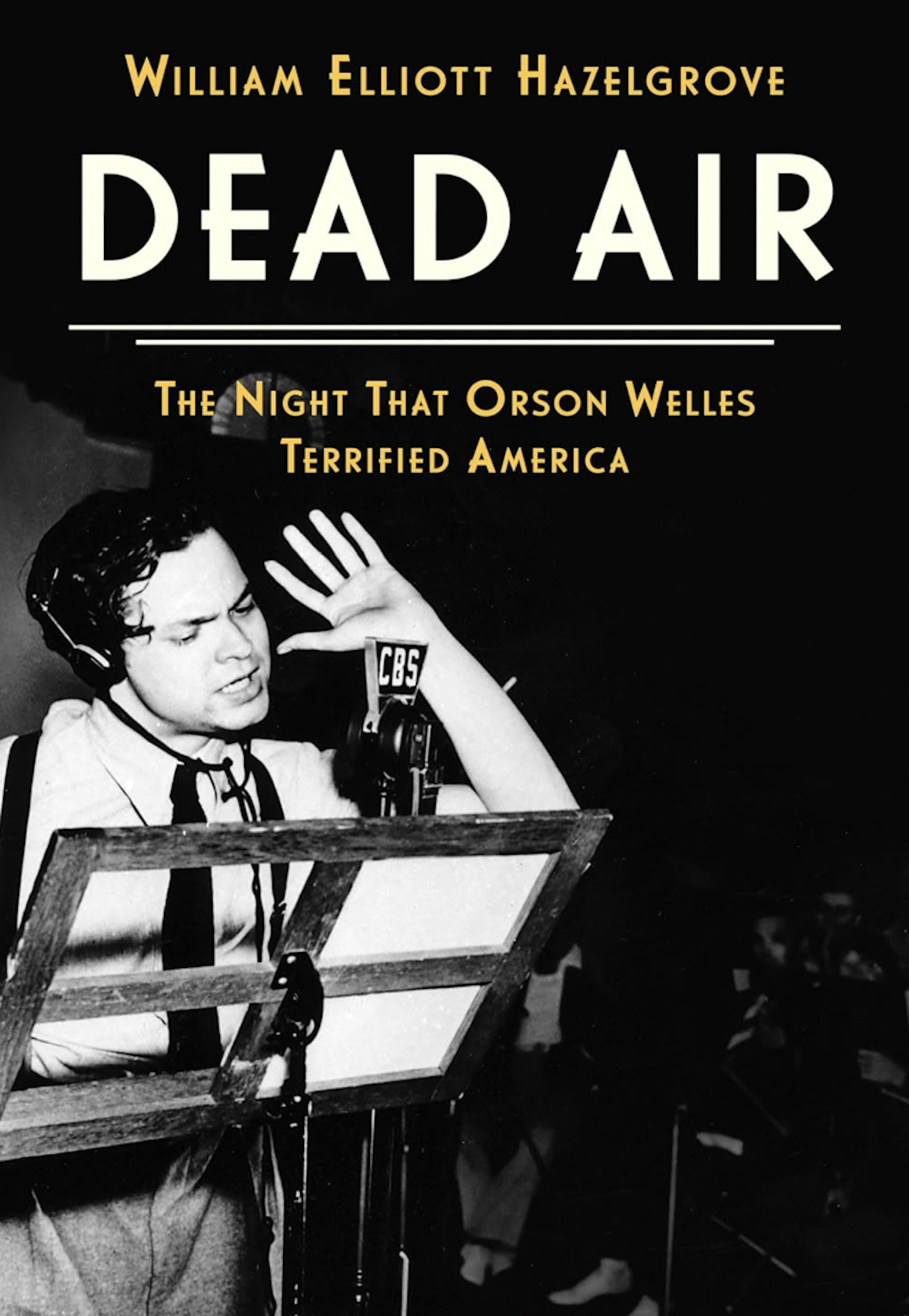The book serves as an enjoyable history of the radio drama, with a fair share of fascinating details about its production and historical context. But it falls short on exploring the legendary reports of mass hysteria among listeners who believed they were hearing an actual Martian invasion unfold.
In appropriately cinematic detail, Hazelgrove chronicles Welles’ rise and manic working style — even including a hilarious account of a scuffle that broke out between Welles and Ernest Hemingway and ended with the pair toasting each other over whiskey.
The book highlights what made Welles’ production particularly powerful, airing at a time when millions remained unemployed from the Great Depression and the nation was on edge about the threat of Nazi Germany. He details how Welles took advantage of those fears, including using an actor who sounded like Franklin D. Roosevelt for a part in his broadcast.


